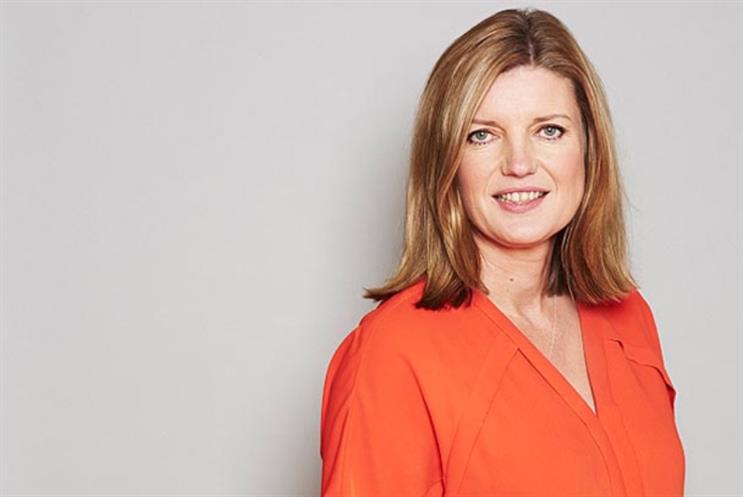The earth moved, tectonic plates shifted, not just in the UK but in the US too. In time it will doubtless be seen as a landmark year for continental Europe too.
In UK history, 2016 will be bracketed alongside 1945 (the end of the Second World War and the beginning of the Welfare State), 1956 (the Suez Crisis), 1979 (a fracturing of the post-war political consensus) and the financial Armageddon of 2008.
There was so much news (and so much utterly astonishing news) that it made people’s heads spin – and left even satirical magazines and TV programmes gasping for breath.
Back in July, one well-known political sketch writer revealed that he’d started thinking he needed to lie down in a dark room at least once a day. He was only half-joking.
He had just witnessed, in short order, continuing fall-out from the EU referendum, the departure of one Prime Minister and the arrival of another.
Simultaneously, he also had to get his head around some of the things Donald Trump was coming out with in the US presidential race.
And just when he’d started to assimilate that, he then had to take in the Dallas shootings, the Bastille Day atrocities in Nice and an attempted military coup in Turkey.
Somewhere in amongst all that, Andy Murray might just possibly have won Wimbledon.
All of which surely proved the old Fleet Street rallying cry – "You couldn’t make it up!"
But hang on… there was another extraordinary facet of 2016.
Notoriously, it has been an unprecedented year for fake providers of fake news. People were making stuff up left, right and centre. It was an annus mirabilis for the propagandist and the prankster.
Those of us with longer memories may recall the Big Theory of a decade ago – that social networking would make professional journalists entirely redundant and in their place we’d see battalions of grassroots "citizen journalists" mediating the world in digital partnerships with social media and home-grown local news hubs.
Well, it hasn’t quite worked out that way, has it? There are plenty of homegrown news hubs out there but for some reason most of them have decided it’s their mission in life to feed the world a surreal diet of nonsense via the good offices of Facebook.
In short, 2016 was the year when maverick websites joined forces with the social media world and worked tirelessly to highlight the enduring strengths of established news organisations.
We can’t thank them enough.
For instance, the Pope did not Facebook-thumbs-up Donald Trump’s presidential campaign.
On the other hand, Donald Trump was elected President. That story turns out to be true. But if you’re struggling to understand how and why that happened, I think I can help. Accessing the good stuff directly via a newsbrand has never been easier, in mobile, online and in newsprint.
We’re rather good at holding mischief-makers of all sorts to account. And we’re more confident than ever that we’ll continue to reap the rewards. It has always been our central tenet that the Great British public is far from stupid. Every big story tests our mettle. Every big news year proves our worth.
Not quite 30 years ago, as the dust settled on another era-defining year, 1989, a US social commentator decreed that, with the collapse of the Berlin Wall, we’d just witnessed "the End of History".
What an awkward proposition that would have been for the news industry – famously, we write the first draft of history.
Happily, social commentators (like pollsters, come to think of it) aren’t very good at predicting the future. In that respect, they’re every bit as reliable as Facebook news.
Epoch-making years like 2016 show just how volatile and unpredictable the world is – and will always be. And it proves beyond doubt that there’s still a huge appetite out there for news. Real news.
So, having taken this wonderful opportunity once again to showcase our enduring strengths, it’s now up to us to build on that, commercially and in terms of brand values, across 2017. It’s a challenge we relish.
Vanessa Clifford is chief executive of Newsworks


